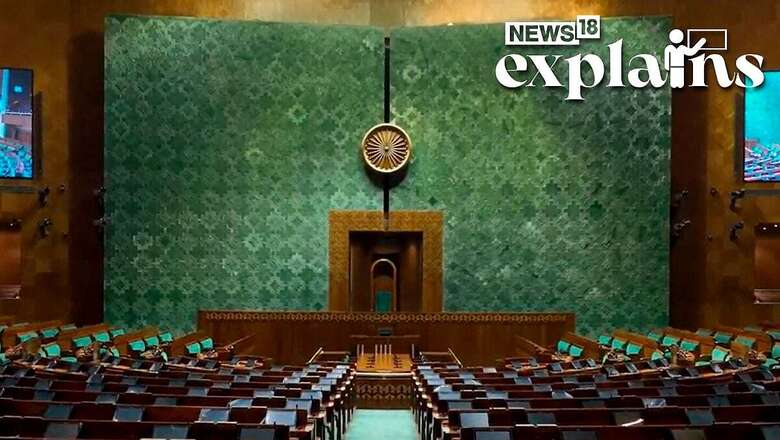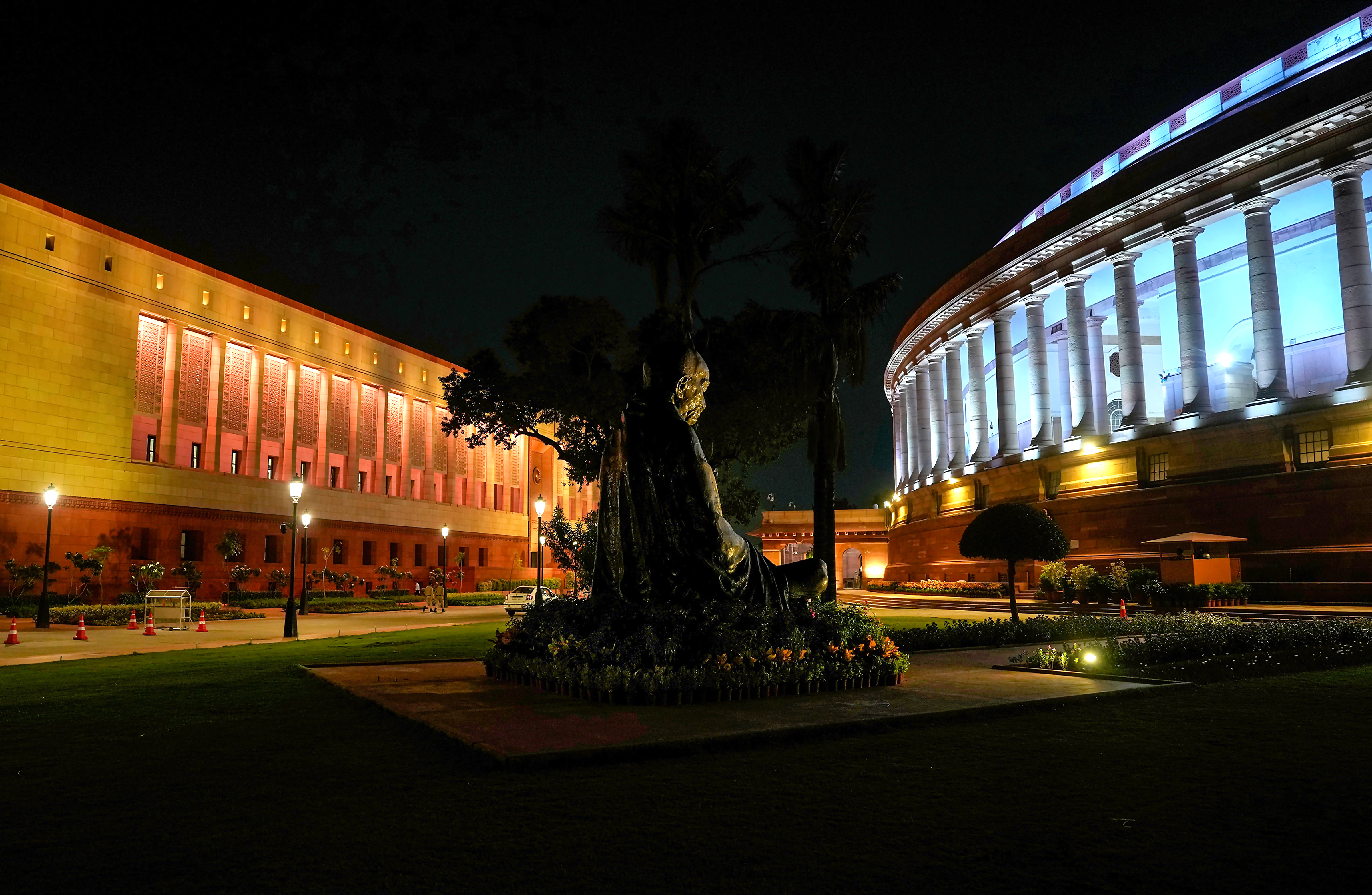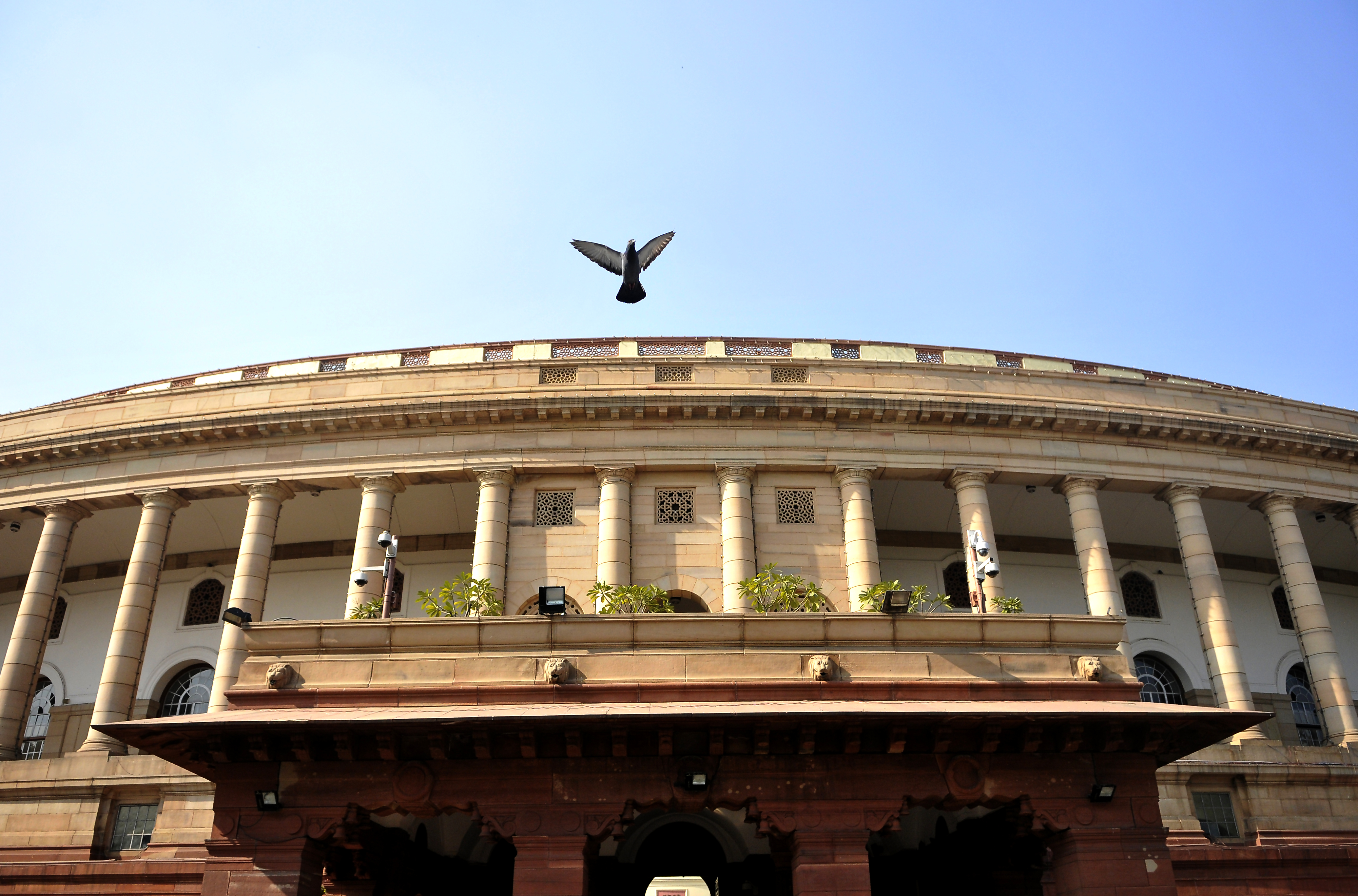
views
After claims that the Digital Personal Data Protection Bill may be introduced as a financial bill, Union IT Minister Ashwini Vaishnaw on Thursday refuted the charge and termed it a “normal bill”.
The government introduced the bill in the Lok Sabha which aims at making entities such as internet companies, mobile apps, and business houses more accountable and answerable about the collection, storage and processing of data.
Congress leader Manish Tewari had claimed the government might get the Digital Data Protection Bill classified as a money bill and added that it should be considered a regular bill. However, Vaishnaw rejected the claims and clarified that it was a “normal bill”.

In view of the claims made by the opposition and the clarification from the government over Data Protection Bill, here is all you need to know about the two types of bills and their differences.
What is an Ordinary Bill and How is it Passed?
According to Articles 107 and 108 of the Indian Constitution, the ordinary bill is concerned with matters other than financial property. Ordinary Bill is a draft legislation that can be introduced in both the houses of the parliament and can be introduced by Minister or a Private member.
The Bill has to be pass through both the houses of the Parliament and the upper house has the authority to neglect and change the bill.

There is no recommendation of President in case of ordinary bill. But the President has the power to send back the bill for the purpose of reviewing. In case of a deadlock on the bill, there is a provision for a joint sitting.
What is Money Bill?
A money bill is defined by Article 110 of the Constitution, as a draft law that contains only provisions that deal with the following:
- Imposition or regulation of a tax
- Regulation of the borrowing of money by the government
- Custody of the Consolidated Fund of India or the Contingency Fund of India and the payment.
- Receipt of assets for the Consolidated Fund of India or the public record of India.
- Withdrawal of money from the Consolidated Fund of India
Money bill can be introduced only in Lok Sabha and can be introduced only by a Minister on the recommendation of the President.
Article 110 further clarifies that in cases where a dispute arises over whether a bill is a money bill or not, the Lok Sabha Speaker’s decision on the issue shall be considered final.
How is Money Bill Different from an Ordinary Bill?
While an Ordinary Bill can be introduced in both houses of parliament, a Money Bill can only be introduced in the Lok Sabha.

Rajya Sabha can recommend changes to the Money Bill, however it cannot amend or reject the bill. However, it can be detained by Rajya Sabha for the maximum period of 14 days. The Lok Sabha can pass the bill with or without the recommendations of the Rajya Sabha.
Is Financial Bill different from Money Bill?
Any bill that relates to revenue or expenditure can be referred to as a financial bill. While all money bills come under financial bills, the former can only deal with matters specified under Article 110.
Money bills are those bills which are concerned with financial matters like taxation, public expenditure, etc. On the other hand, financial bills are those bills which are concerned with financial matters but different from money bills.
The Article 117 of the Constitution deals with the financial bills. A financial Bill can only become a money bill when it falls under one of the seven heads listed under Article 110(1), which defines the money bills, according to The Indian Express.
Another major difference between the money and financial bills is that while the financial bill has the provision of including the Rajya Sabha’s recommendations, the money does not make their inclusion mandatory.

















Comments
0 comment